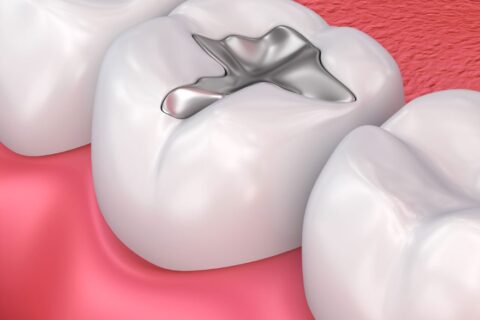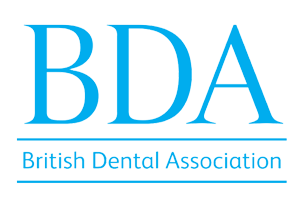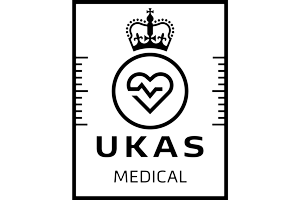Do you have an infected tooth and serious pain? If you need a trusted, well-respected specialist in London then NL Clinic can offer the very best private root canal treatment in London at an affordable cost.
Root Canals
At a Glance


From £250
£350 for larger teeth such as molars


Only 30 minutes
Our experienced team only needs 30-60 minutes to carry out this procedure


Strong Anesthetic required
Our goal is to make sure you are as comfortable as possible during the treatment


Permanent
Root canal treatment should last a long time but depends on oral health maintenance


6 Months
We recommend frequent check ups to ensure treatment is maintained


Dentist


From £250
£350 for larger teeth such as molars


From 30 minutes
Our experienced team only needs 30-60 minutes to carry out this procedure


Strong Anesthetic Required
Our goal is to make sure you are as comfortable as possible during the treatment


Permanent
Root canal treatment should last a long time but depends on oral health maintenance


6 months
We recommend frequent check ups to ensure treatment is maintained


Dentist
Expert Root Canal Treatment in London…
Root canal treatment also known as endodontic therapy is the procedure used to treat infection inside the tooth. It is required when the nerve or blood supply of the tooth (the pulp) is infected through tooth decay caused by bacterial invasion, trauma, or severe gum disease.
The aim of this treatment is to relieve you of the pain and preserve the tooth for as long as possible. In order to maintain the tooth, the tooth is first cleared of dead tissue and infection, followed by protecting the tooth by filling the canals to stop the same infection recurring.
Frequently Asked Questions
-
What the symptoms of a root canal infection?
– Persistent pain. Some people have persistent pain in their teeth. The pain might be constant, or it could come and go.
– Extreme sensitivity. Root canal therapy can resolve the pain and sensitivity associated with a cracked or abscessed tooth.
– Swollen gums. Root canal treatment is needed when infected teeth begin to cause complications such as swelling in your gums.
– Loose teeth. Root canal treatment can help save a tooth that has been damaged by injury or decay, and the nerves have died.
– Swollen glands or face pain. Root canal infections may lead to infection in your lymph nodes or face.
Pus around the root. Root canal infections are often accompanied by an accumulation of pus known as abscesses.
– Swelling of your face, neck, and jaw. Root canal infections may cause facial swelling due to infection in surrounding tissues. -
What is procedure for root canal treatment?
A root canal is performed when the endodontist removes the infected pulp and nerve in the root of the tooth, cleans and shapes the inside of the root canal, then fills and seals the space. Afterward, your dentist will place a crown on the tooth to protect and restore it to its original function.
-
What can I expect after root canal treatment?
You may experience pain and discomfort after the procedure. Other symptoms that you can expect include soreness, pain, numbness, and bleeding.
Root canal-treated teeth can last for more than ten years. However, an infection may reoccur, and you may develop the same symptoms in different intensities, but only in the rarest of cases. Root canal teeth are not considered weaker after treatment because the dentist uses a dental crown to restore their strength. Root canal surgery will save your tooth from extraction and provide you with a long-lasting tooth.
-
How many visits does root canal treatment take?
Most root canals can be done in one to two appointments. The first appointment is the procedure itself when the infected pulp is removed. The second (and maybe third) appointment is when the root canal gets cleaned and filled with a crown or other filling to prevent infections.
Let’s get you booked
Your just one call away from feeling like the best possible you
Contact Us
You may be interested in...


Fluoride Treatment
Fluoride varnish can be applied to both baby teeth and adult teeth by a dentist. The process involves painting a varnish containing high levels of fluoride in order to restore minerals, clean and prevent cavities forming


Fillings
A dental filling is used to fill a cavity or other damage such as chipped tooth. Without treatment, a cavity or chipped tooth can lead to toothache, infection, or even the fracturing or loss of your tooth







